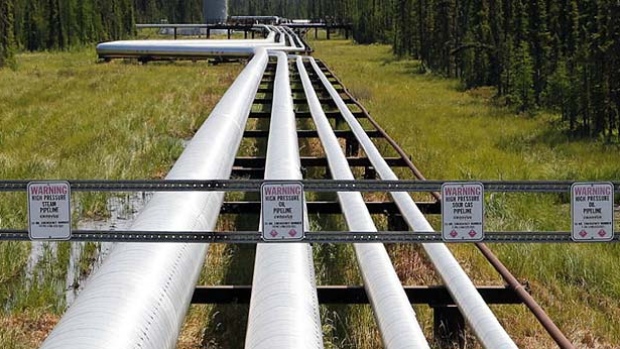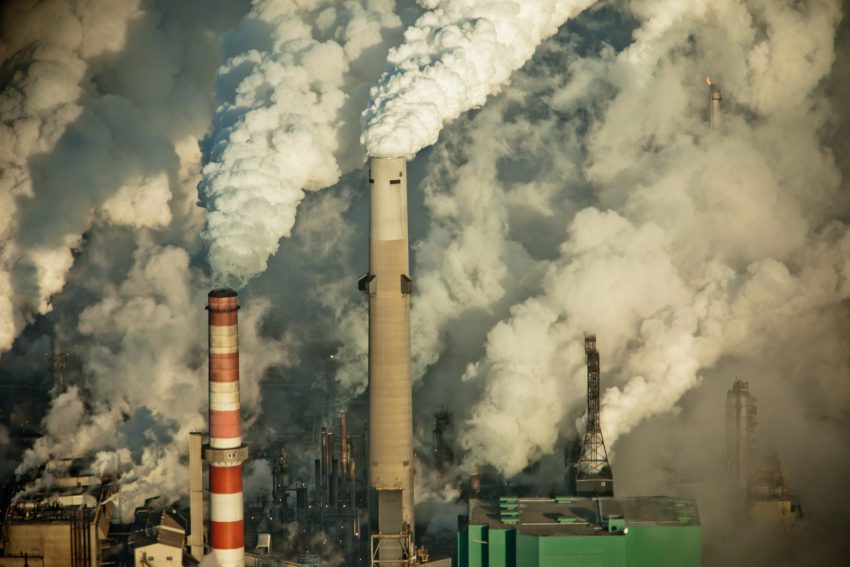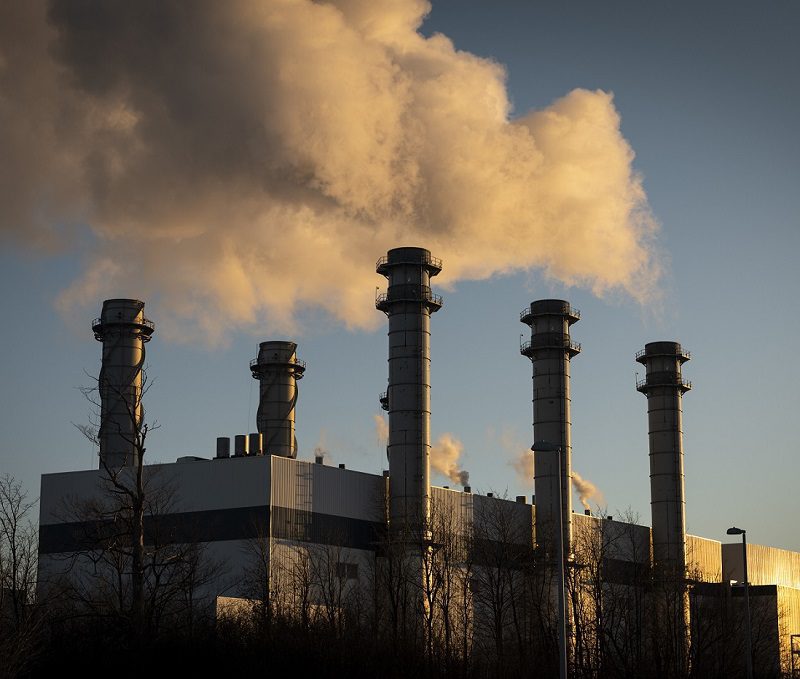Building pipelines to tidewater—like Energy East—will not fetch higher prices for tar sands oil. And we don’t need more tar sands pipelines to supply oil to a global economy that must rapidly move away from fossil fuels.
These are the conclusions of a report released last week by Jeff Rubin, a senior fellow at the Centre for International Governance Innovation, an independent, non-partisan global think tank based in Waterloo, Ontario.

Rubin isn’t your typical anti-pipeline environmentalist. He’s the former chief economist and chief strategist for one of Canada’s biggest banks. He’s also a world-leading energy expert and bestselling author that’s highly respected in the financial community.
Rubin’s report concludes that not only are new export pipelines not needed, but most of Canada’s existing capacity to transport oil will become unnecessary in the near future. The dramatic reduction in global demand for oil needed over the next three decades to limit global warming to less than two degrees Celsius means there must be a corresponding decrease in the production of high-cost, high-carbon tar sands oil.
It’s as simple as 1, 2, 3: Tackling climate change = less oil consumption = no need for new pipelines.
Here are a few other pro-pipeline myths Rubin debunks in his report:
- MYTH: Building tar sands pipelines to tidewater (e.g. Kinder Morgan to the Pacific coast and Energy East to the Atlantic) would allow tar sands oil to reach overseas markets like Europe and Asia and fetch a higher price.
REALITY: Tar sands oil typically trades anywhere from 20 to 30 per cent lower than world oil prices. But that’s not because of a lack of market access. It’s because bitumen is a lower-quality type of oil that is difficult for most refineries to process. This would not change with a new pipeline to either coast.
In fact, Rubin argues that tar sands oil would fetch a lower price in offshore markets. The vast majority of tar sands oil is transported to the U.S. Gulf Coast, where there’s a high concentration of heavy oil refineries that can handle tar sands oil. Similar types of heavy oil, like Mexican Maya crude, trade at US$3 to US$8 less in Europe and Asia compared to what Gulf Coast refineries pay. Tar sands oil would be no different, and command even lower prices than the money-losing prices it receives at the Gulf Coast.
- MYTH: New pipelines to Canada’s coasts provide the tar sands industry with options to access new, growing markets in the future when oil prices are higher.
REALITY: Tar sands expansion requires sustained high oil prices to pay back the huge, long-term investments required to extract more bitumen. But, since global oil prices crashed in 2014, prices have barely risen, and most predictions are that they will remain low.
That’s why the production of low-cost, higher-quality light oil is growing while international oil companies exit the tar sands or write down assets. New pipelines might be approved, but the end of new investment in the tar sands means production won’t grow enough to fill them.
- MYTH: Growth in global oil demand is inevitable and will raise prices to justify tar sands expansion. That’s why we need new pipelines.
REALITY: Wrong again. The Paris Agreement to limit global warming to less than 2°C requires global oil consumption to fall by as much as 50 per cent by mid-century.
There are already signs that global oil demand could peak as early as 2020 and rapidly decline thereafter. Large economies, like the United Kingdom, Germany, and China have announced a ban on the internal combustion engine, which will slash demand for oil as a transportation fuel. Even the use of oil in the plastic and chemical industries could see a big drop.
As the world moves to tackle climate change, a decline in oil production and consumption will follow suit. The dirtiest, most expensive, most difficult oils to extract and transport — like the tar sands — will be the first to lose out.

Some Canadian politicians and sympathetic media outlets serve up a steady stream of pro-pipeline myths to justify tar sands expansion. Thankfully highly respected economists like Jeff Rubin are setting the record straight.
New pipelines like Energy East won’t fetch a better price for tar sands oil. And new pipelines aren’t economically viable in a world that must move away from oil and transition to a clean economy.
Take action: tell the federal government to reject Energy East.






